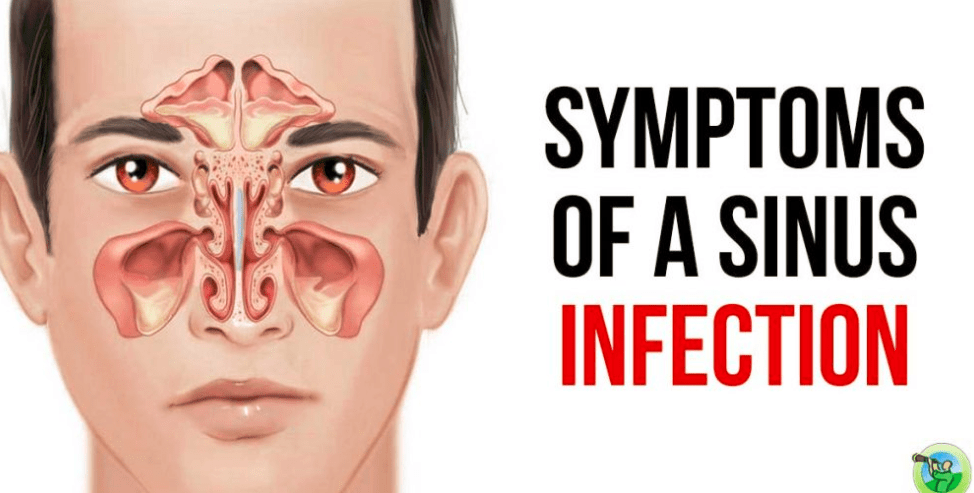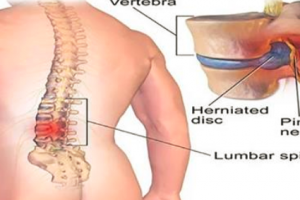How to Know You Have a Sinus Infection and Not a Cold
Sinusitis, i.e. sinus infection is a common infection of the upper respiratory tract which affects millions of people each year.
The sinus infection happens when the nasal cavities become inflamed and swollen. A virus is often the reason behind this infection. Moreover, this kind of infection might be chronic and acute.
Chronic sinus infections last from 6 to 8 weeks, and it often recurs. On the other hand, the acute sinusitis lasts only for a short time.
However, if any type of this infections is left untreated, it might damage the sinuses. Also, it might cause meningitis, ear infections, and vision loss. Therefore, it’s essential to treat this infection immediately.
But most people don’t treat this infection because they don’t recognize it. Read on to learn how to recognize this infection and find out which are its symptoms.
8 Symptoms of Sinus Infection
1. Coughing Up Phlegm
You should know that coughing because of sinus infection is worse in the morning and at night.
This is principally because the sinuses drain down your throat when you lie down, and that activates the cough receptor which is found in the back of the nasal pharynx.
This kind of a cough makes phlegm. The phlegm contains virus or bacteria and inflammatory cells created in response to the infections. The body tries to eliminate the phlegm through coughing.
2. Headache
The sinus infections make the forehead and the nasal area feel congested. That hurts and causes a headache.
Moreover, the inflammation found in the nasal area tightens the muscles around the top of the head and the forehead, and that makes the inflammation worse.
A headache might be bilateral, i.e., on both sides or unilateral, i.e., on one side. A headache due to infections is usually worse after waking up or after bending forward.
3. Toothache
This symptom might surprise you, but a pain in the upper teeth is a symptom of sinus infection. Toothache pain happens because of the pressure which is building up in the sinus cavities.
This at first seems like a severe toothache, but it might be due to the sinus infection. The pain usually is bilateral, and it impacts the upper back teeth. These teeth are the closest regarding the maxillary sinuses.
Click ‘Next Page (>)’ to keep reading and don’t forget to SHARE with your Facebook friends









